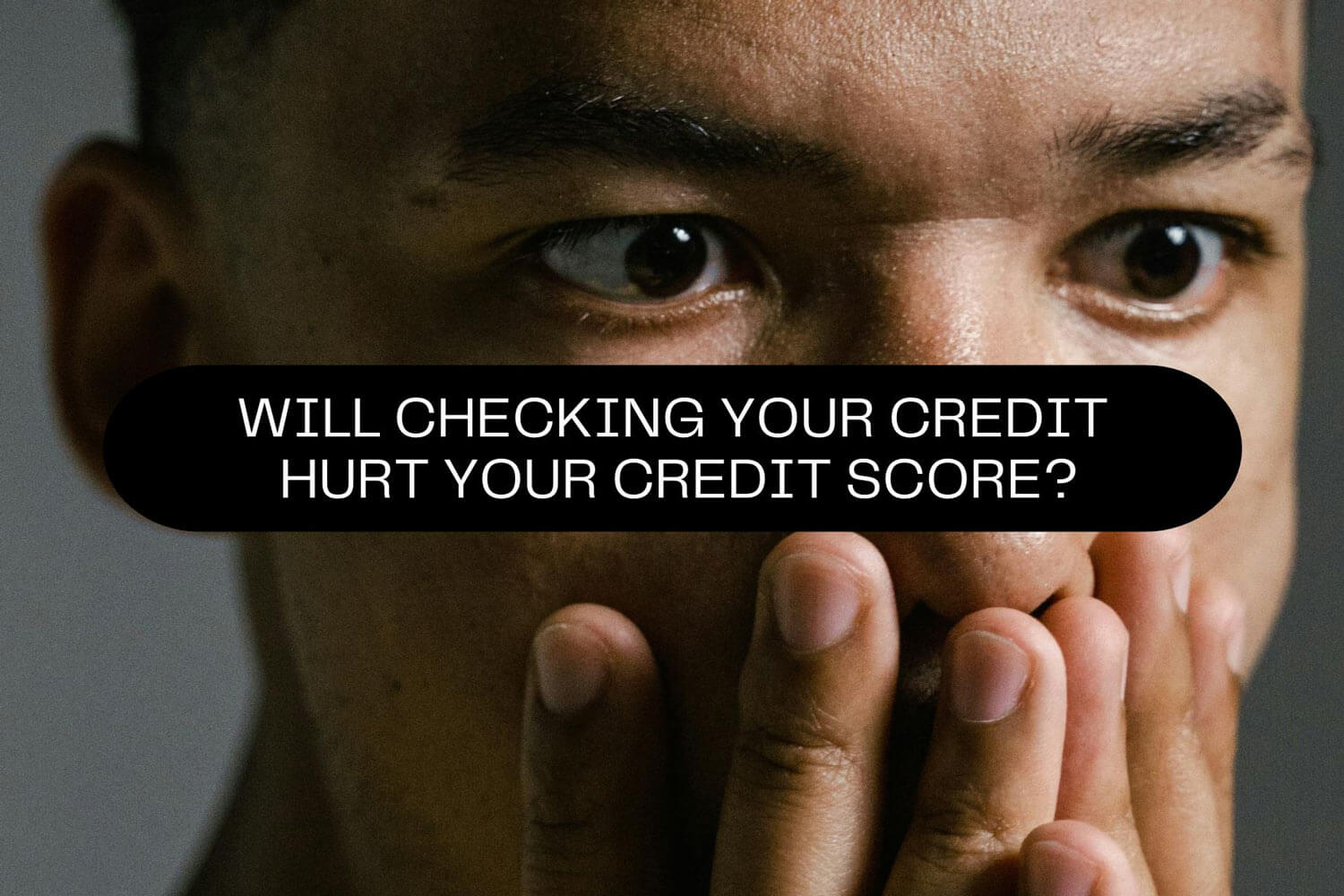Regularly checking your credit reports and scores ensures the accuracy of your information. But does checking your credit harm your credit scores? Many people hesitate to obtain their credit reports or check their scores due to fear of damaging their credit ratings.
Here’s the good news: that’s a common but inaccurate myth – checking your own credit reports or scores does not affect your credit scores. On the contrary, frequently reviewing your credit reports and scores is crucial for verifying your personal and account information and can help you identify inaccuracies that might be harming your credit score and also identity potential identity theft early.
Understanding Soft and Hard Inquiries
When you request your credit report or check your credit scores, this is known as a "soft" inquiry. Other soft inquiries can occur when companies send you promotional credit card offers or when your existing lenders review your accounts. Soft inquiries do not affect credit scores and are not visible to potential lenders reviewing your credit reports. These inquiries are visible to you and remain on your credit reports for 12 to 24 months, depending on the type.
On the other hand, a "hard" inquiry happens when you apply for a loan or a credit card and the lender reviews your credit history. Hard inquiries do impact your credit scores, but if you are shopping for a large purchase, like a home or a mortgage, multiple hard inquiries within a specific period (typically 14 to 45 days) are usually counted as a single inquiry. This period allows you to compare different lenders and secure the best loan terms. However, this exception generally does not apply to credit card applications, and it’s best to aim to not have more than 2-3 hard inquiries within a 2 year span.
Obtaining Your Credit Reports
You are entitled to a free copy of your credit reports every 12 months from each of the three nationwide credit bureaus by visiting www.annualcreditreport.com. This is the only source authorized by federal law to provide free annual credit reports from all three major credit bureaus (Equifax, Experian, and TransUnion).
Additionally, there are several websites and services that offer free credit score monitoring, allowing you to see monthly or weekly changes to your credit score and credit reports without any cost:
- Credit Karma: Provides free credit scores from TransUnion and Equifax, along with credit reports, personalized recommendations, and credit monitoring alerts.
- Experian Free Credit Report: Offers free access to your Experian credit report and FICO score, with additional credit monitoring features available.
- myEquifax: You can create a myEquifax account to get six free Equifax credit reports each year.
- Credit Sesame: Offers free credit scores from TransUnion, as well as insights into your credit report, personalized tips, and identity theft protection.
- CreditWise from Capital One: Available to everyone, not just Capital One customers, this service offers free credit scores and credit monitoring from TransUnion.
- Discover Credit Scorecard: Provides free FICO scores and a summary of your TransUnion credit report, available to anyone regardless of whether they are Discover cardholders.
These services help people stay informed about their credit status, identify potential issues, and make informed financial decisions.
When reviewing your credit report, ensure that all your personal information, such as your name and addresses, is correct and that there is no unrecognized information. Also, verify that your account information is accurate and complete. Check if the account balances, credit limits, and payment history are correct. Is there any account information listed that you don't recognize as yours?
If you find any inaccuracies or incomplete information in your credit reports, contact the lending company directly. You can also file a dispute with the credit bureau that provided the report. Learn more about other ways to improve your credit score.




.png)










.png)










